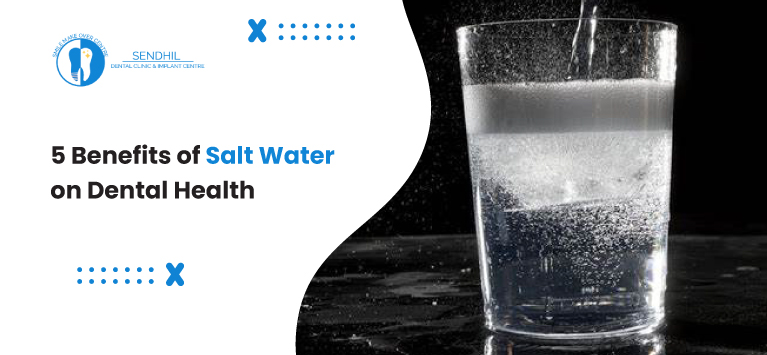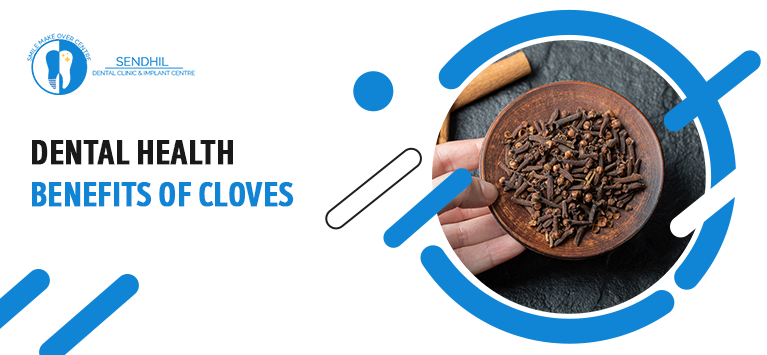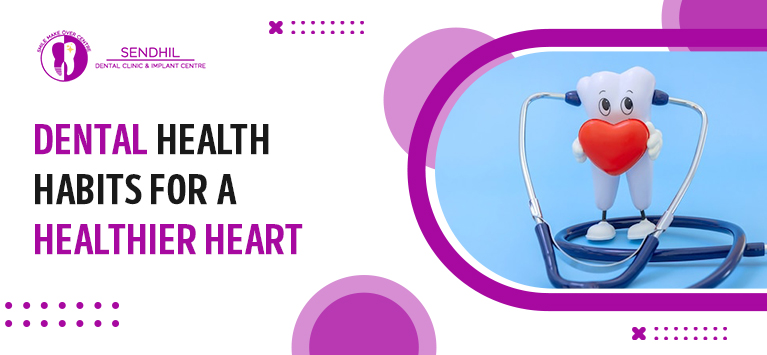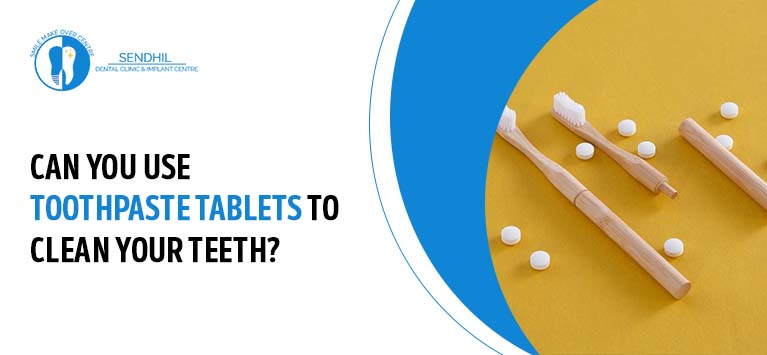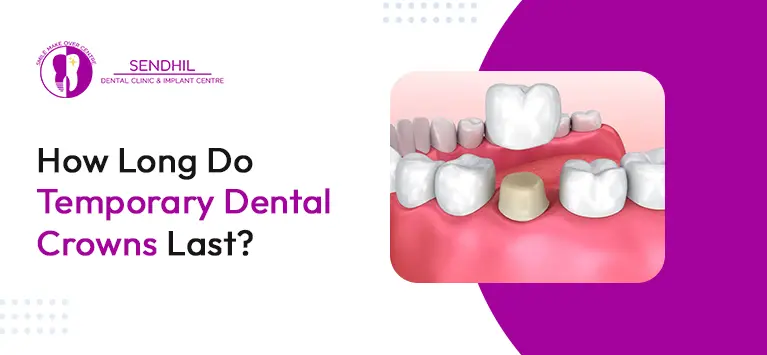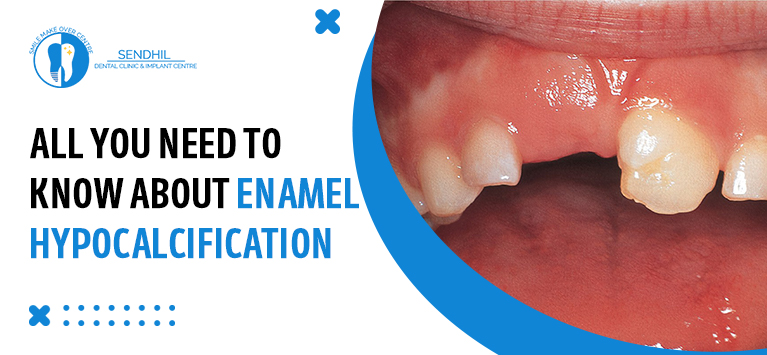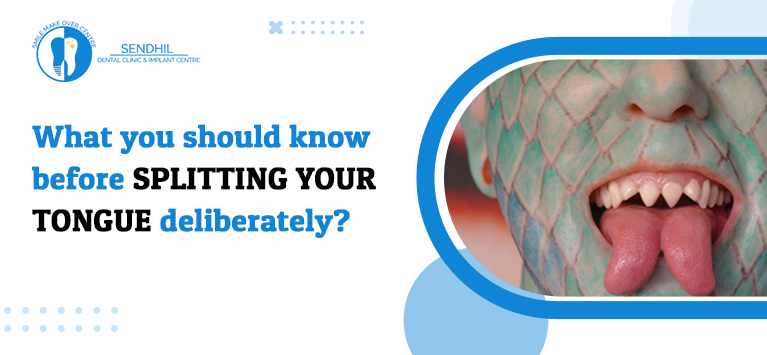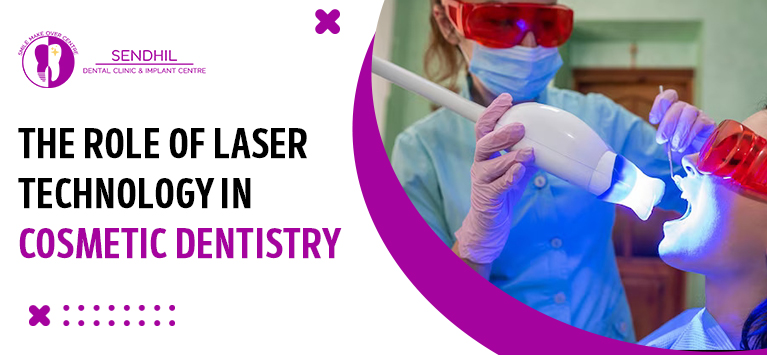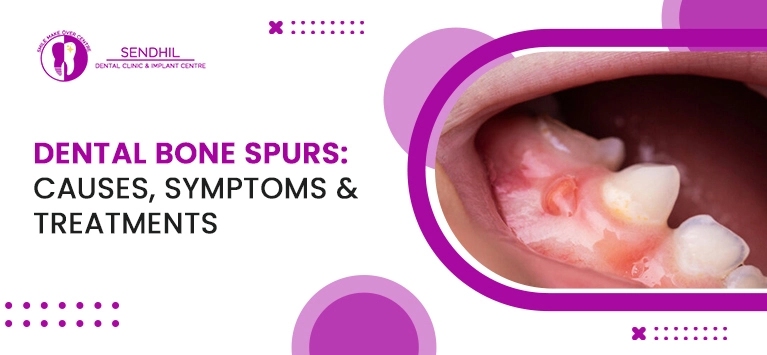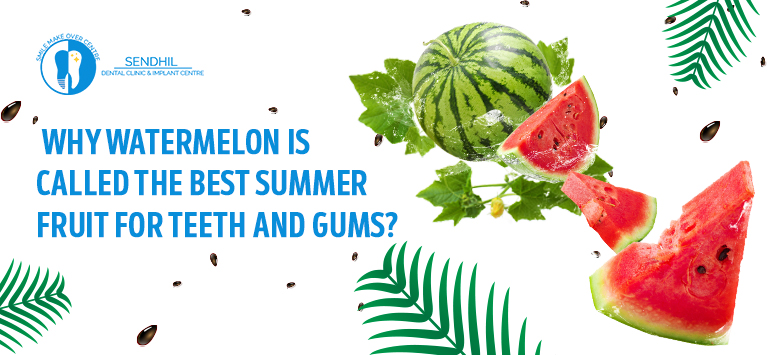
Why watermelon is called the best summer fruit for teeth and gums?
Watermelon is the most preferred summer seasonal fruit in India. There are 5 basic types of watermelons available: seeded, seedless, mini, yellow, and orange. Unlike a few summer fruits and flavored drinks, this low-calorie, sweet fruit is alkaline, so eating a slice of watermelon or drinking its juice helps neutralize the acidic imbalances in your body. Similarly, it provides many perks to your teeth and gums.
Table of Contents
Is Watermelon Too High in Sugar?
Many people believe that watermelon is loaded with sugar because of its delicious taste. Surprisingly, the sweet-tasty fruit contains a low amount of natural sugar. Studies show that 100 grams of raw watermelon hold only 6.2 grams of sugar.
Watermelons are composed mostly of water, carbohydrates, and fibers. It is a great source of vitamins and minerals. Here is the nutritional value of watermelons:
- Carbohydrates
- Vitamin A
- Vitamin C
- Vitamin B-6
- Iron
- Calcium
- Fibers
- Copper
Moreover, watermelons contain powerful antioxidants like lycopene that are powerful to promote bone health and dental health.
Is Watermelon Good for Your Teeth?
Yes, watermelon can be beneficial for your teeth. Its high water content helps rinse away food particles and bacteria, promoting saliva production, which naturally cleanses the mouth and neutralizes acids. Watermelon also contains vitamin C, which supports gum health and helps prevent inflammation. However, since it has natural sugars, it’s a good idea to rinse your mouth or drink water after eating to avoid sugar buildup on your teeth.
How Do Watermelons Benefit Your Oral Health?
Watermelons keep your body cool whilst refreshing the mouth and make you enjoy the following dental benefits:
- Enhance saliva production – About 90% of watermelon is composed of water. Hence, it makes your mouth filled with saliva once you bite a slice of watermelon. Moreover, the fibrous compounds in the fruit require more chewing; thereby, watermelons induce the salivary glands to produce more saliva. Besides providing hydration, the increased salivary flow helps eliminate bad bacteria inside the mouth.
- Remove debris – The increased salivation is in conjunction with the threads in the watermelon reaching the tiny spaces (interdental spaces) between the teeth. Hence the tiny particles, like food leftovers stuck in those regions, will come out. Such debris lodged between the teeth attracts more bacteria to form a calcified substance to infect teeth, gums, and other oral tissues. This is the reason why dentists prescribe flossing to clean between the teeth.
- Whitens the stained teeth – Watermelons contain malic acid that is well-known for its bleaching properties. The enhanced salivation is partnered with malic acid to scrub against the teeth surfaces. Hence the stains and discoloration agents on the teeth are cleaned naturally.
- Provides Gum protection – As discussed earlier, watermelons are rich in vitamin C. It is essential nutrition to keep the connective tissues in gums healthy. It also lends its support in slowing down the progress of plaque buildup. Thus, watermelons strengthen your gums and protect the gum tissues from bacterial invasion.
- Shield your lips – Oral care is incomplete without protecting your lips, but many are not unaware of this fact. Lips have high exposure to sunlight; thereby, dry, cracked lips are inevitable during the summer. Eating watermelons hydrates the lips and protects them from getting dry and chapped.
Can I Eat Watermelon After Teeth Whitening?
It’s best to avoid watermelon immediately after teeth whitening. Although it is not highly acidic, it contains natural sugars and can have a slight staining effect due to its red color. After whitening, your teeth are more porous and sensitive to staining. To maintain results, stick to clear or light-colored foods for at least 24–48 hours and drink plenty of water if you consume anything that might leave residue.
Bottom line
As the sunny season is on its way, you can avail summer fruits like grapes, pineapples, watermelons, oranges, etc to combat the heat. Likewise, beverages like buttermilk, coconut water, sugarcane juice, barley water are also helpful in refreshing and replenishing your body. However, the contents and ingredients added to such coolants are quite detrimental to your teeth.
If you want dental-friendly fruits to beat the body heat, a few fruits and veggies will exist on the list. Watermelon will stand top there.
Frequently Asked Questions
Apples, strawberries, oranges, kiwi, watermelon, and pears help clean teeth, promote saliva production, and provide essential nutrients like vitamin C for healthy gums.
No, watermelon is not bad for teeth. Its high water content helps wash away bacteria, and it contains vitamin C, which supports gum health. However, rinse your mouth after eating to remove natural sugars.
Fresh juices like carrot, celery, and cucumber juice are beneficial as they are rich in vitamins and low in acidity. Avoid citrus juices as their acidity can erode enamel.
It’s best to avoid watermelon immediately after teeth whitening, as its red pigment and natural sugars may contribute to staining. Stick to light-colored foods for 24–48 hours.
Yes, watermelon is good for teeth. It hydrates the mouth, promotes saliva production, and contains vitamin C, which supports gum health. However, rinse your mouth after eating to prevent sugar buildup.


